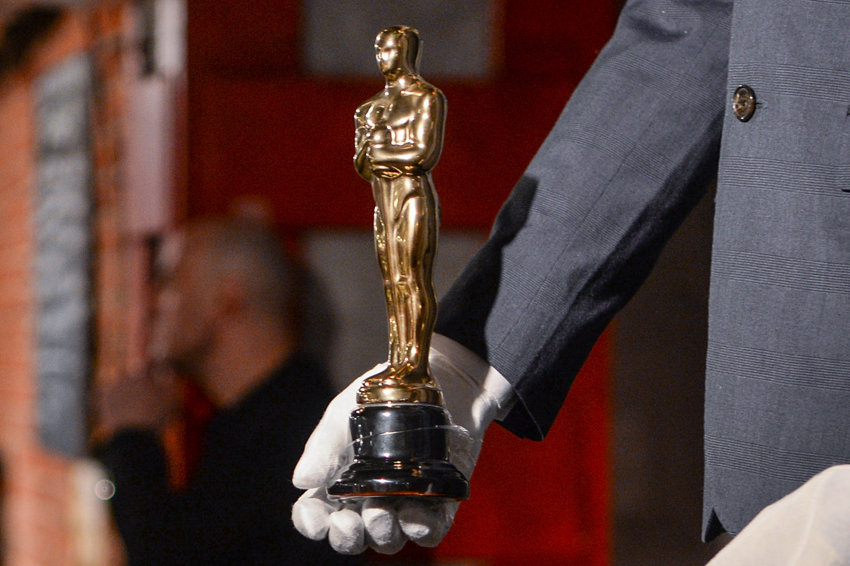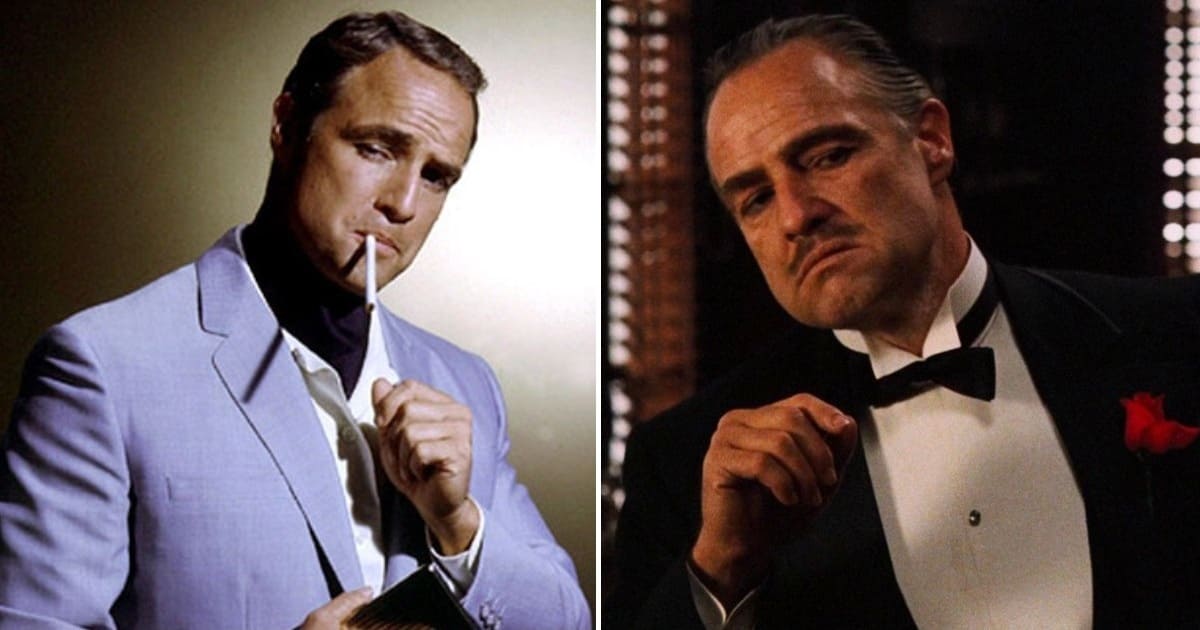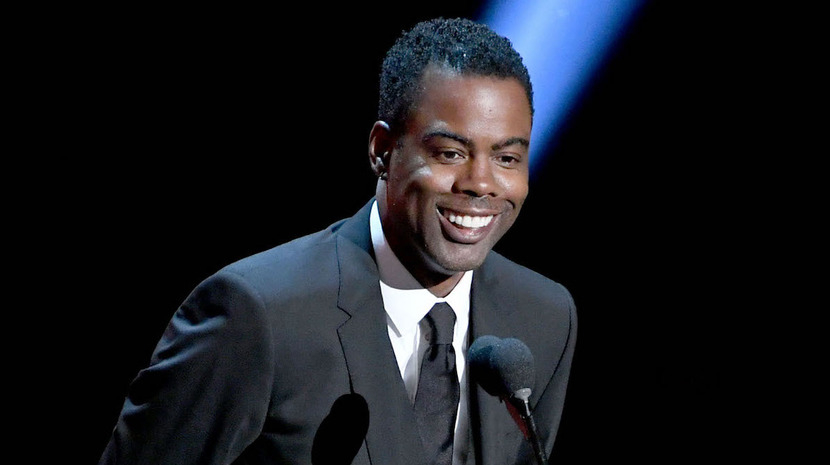Actors Who Refused the Oscar.


In the run-up to the new Oscars, many remember how and who received such a prestigious award. They also recalled those who, for some reasons, refused the award. In general, actors who refused the Oscar are exceptions to the rules. After all, those who refused the Oscar often simply could not do so for technical reasons.
Separately, out of curiosity, one can find out who was the first to refuse the Oscar award. Such actors had their reasons for not accepting the Oscar.
Who was the first and last to refuse the Oscar?

It should start with the fact that "Oscar" is the most prestigious film award in the world, awarded by the Academy of Motion Picture Arts and Sciences in the USA. The first award ceremony took place in 1929, and since then, the "Oscar" has been considered the highest point of recognition in acting, directing, screenwriting, and other aspects of filmmaking.
Award winners receive not only honor and recognition from colleagues but also significant career advantages. Oscar-winning films receive additional audience attention, and actors who have won the award become even more in demand. However, despite the enormous prestige of the award, there have been actors who refused it for various reasons.
Who are the record holders for the number of "Oscars"?

Some actors have received the "Oscar" several times during their careers. Among the record holders:
- Katharine Hepburn — 4 statuettes for Best Actress, more than anyone else.
- Daniel Day-Lewis — 3 statuettes for Best Actor.
- Jack Nicholson, Meryl Streep, and Ingrid Bergman — 3 awards each.
At the same Time, Meryl Streep is the absolute record holder for the number of nominations — her name has been mentioned among the contenders more than 20 times.
Great actors who never received an "Oscar"
However, many talented actors have not received such an award. And there are even many jokes about them.

There are many talented actors who, despite their brilliant careers, have not been awarded this honor. Among them:
- Peter O'Toole — nominated 8 times but never won.
- Richard Burton — 7 nominations with no wins.
- Glenn Close — 8 nominations and no wins.
- Marilyn Monroe — one of Hollywood’s most iconic actresses, but she was never even nominated.
That is, while the Oscar remains prestigious, it is not the key to the careers of many actors.
George C. Scott — the First to Refuse the "Oscar"
George C. Scott became the first actor to openly refuse the "Oscar". In 1971, he was awarded the prize for his role as General Patton in the film "Patton", but he stated that he would not accept it. In his opinion, acting awards turn art into a competition, and he called the "Oscar" a "parade of vanity". He also ignored the nomination for his role in the film "Anatomy of a Murder" (1959), considering the ceremony meaningless.
A Serious Protest Against Hollywood

In 1973, Marlon Brando refused the "Oscar" for Best Actor in the film "The Godfather". He did not attend the ceremony but sent a representative from the Native American community, Sacheen Littlefeather, who read his statement. Brando explained his refusal as a protest against the discrimination of Indians in Hollywood. This caused a strong reaction in the film industry and society. Later, the actor claimed that his act influenced how indigenous peoples were portrayed in cinema.
What Other Protests Were There?
The Oscar has often been an occasion for expressing one’s position. Often refusals of the "Oscar" were most often linked to political and social protests. For example:
- Vanessa Redgrave (1978) — during the award ceremony, she criticized anti-Semitic organizations, which caused a scandal.
- Jean-Luc Godard (2010) — refused to come for the honorary "Oscar", stating that he sees no sense in awards.
It should also be noted why actors refuse the "Oscar". Sometimes it is a technical issue, and sometimes it is a real position of protest.

Reasons for refusal can vary, but some of the most significant ones are:
- Protests against Hollywood and its policies (like Brando).
- Personal dislike of the competitive movie awards system (like Scott).
- Political and social motives (like Redgrave).
- Detachment from the cinematic establishment (like Godard).
Although such cases are rare, they become significant events in the history of cinema, reminding us that not all artists strive for awards at any cost.
Overall, the "Oscar" is a symbol of success in the film industry, but not all actors chase the Academy’s recognition. Some do not believe in the fairness of awards, some protest against the system, and some simply believe that art should not be a competition. Despite this, the ceremony remains the most anticipated event of the year in the world of cinema, and awarded actors forever enter history.
Read also
- The actors of the series The Big Bang Theory - the main characters of the cult comedy show
- Top Movies for the Evening — The Best Selection of Interesting, Cool, and Awesome Films to Watch









